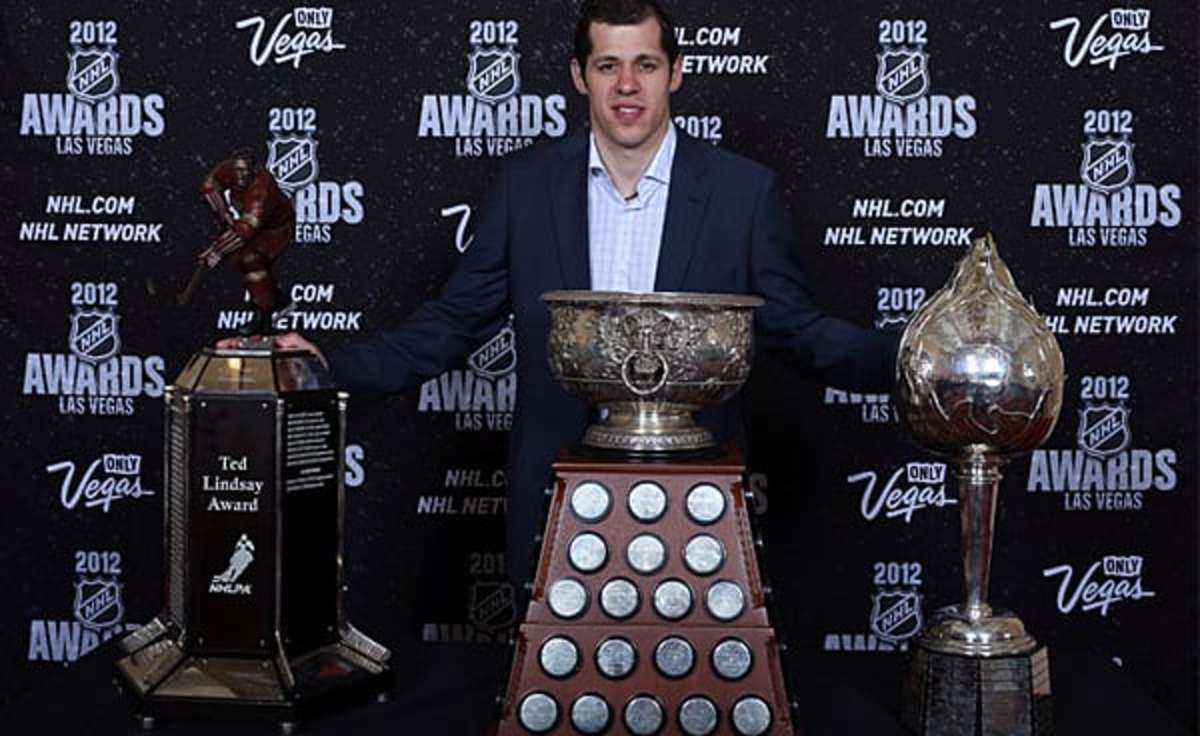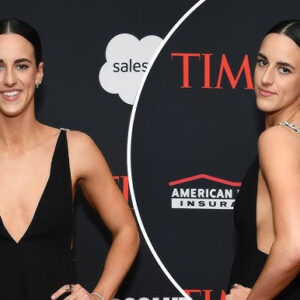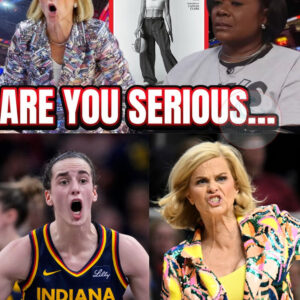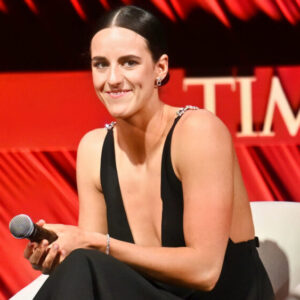The various awards distributed by the NHL celebrate player achievement at the highest level. Though, with some awards voted on by players and others voted on by the media, who does a better job?

Nikita Kucherov smiles with the Ted Lindsay Award, Hart Trophy and Art Ross Trophy in 2019
The NHL’s individual awards season is always a fun time of year – especially in a year like this one, when there’s a difference of opinion in the voters who decide the honors. For instance, in the debate over who the top player of the year is, the voters of the Hart Trophy (awarded to “the most valuable player to his team”) have a different set of finalists than the voters of the Ted Lindsay Award (as the league’s “most outstanding player in the regular season”). The voters for the Hart are selected members of the Professional Hockey Writers’ Association, while the voters for the Lindsay are the NHL players themselves. And this year, the finalists for the Hart are Edmonton’s Connor McDavid, Tampa Bay’s Nikita Kucherov, and Colorado’s Nathan MacKinnon, while the Lindsay finalists are Kucherov, MacKinnon, and Toronto’s Auston Matthews.

So, for many, the question follows – did the writers get it right, or did the players? We’ll answer that question a little later in this column. But we’d be remiss if we didn’t note the semantics at play here. Being the most outstanding player is about as straightforward as it gets – but “the player most valuable to his team”? That’s not the same as the most outstanding. There’s no guarantee PHWA voters understand the difference, and we’d suggest to you that at least a few of them vote as if they’re voting on the most outstanding player.
But even if the Hart and Lindsay honors had the precise same expectations or instructions, there’s often room for debate as to who’s most worthy. And it doesn’t have to be massive change. In this year’s voting, two of the three honorees are the same in both categories. The difference this year is between Matthews and McDavid, and our guess is neither one of those stars will end up winning their respective awards. There will be some consensus in the end, and rather than tearing one side or the other down as “unworthy”, we should be celebrating the difference of opinion.
And that brings us to our ultimate point: you have to look at the PHWA balloting and the NHL Players Association the way we look at modern-day acting awards. Sure, everyone understands the Academy Awards are the big dog when it comes to acting awards, but there are also the Golden Globes, the Critics’ Choice Awards and slews of national awards shows such as the British Academy Film Awards. They’re all very different, and they all have different value depending on who you talk to, but in the end, they all do the same thing in their own way.
Of course, there’s no mathematical equation that dictates which actors (or athletes, for that matter) are glorified, and which ones don’t get the attention some think they deserve. Okay, granted, the Art Ross Trophy (awarded to the NHL’s top point producer), Rocket Richard Trophy (awarded to the league’s top goal-scorer) and William M. Jennings Trophy (awarded to the league’s top goalie in terms of the number of goals-allowed) do have numbers to crunch. But in many awards, there’s room for interpretation. And that is a good thing, as the process only extends the impact of everyone who does wind up getting a vote in one category or another.
To put it differently – can’t we all just get along? We should always acknowledge that most voting processes are inherently subjective, and so long as there’s a human element at play in the process, the results aren’t always going to be the same. Here’s another example: If you look at the Hockey Hall of Fame induction process, you see that it’s a small group of voters – largely game-lifers and ambassadors for the sport – who decide who gets into the Hall. But in the voting for the Baseball Hall of Fame, it’s the media members who decide who gets in. You can make the case that one league’s/sport’s approach is better, but again, that’s a subjective call. And imagine a world in which we all agreed on every topic. You’d very quickly be bored to tears.
Certainly, we get why consensus is the goal in these matters. It’s a comfort in a lot of ways to believe there’s clearly one group or individual that’s most deserving of an award, but the reality is the prism people look through in deciding who wins differs greatly for one reason or another. It’s not a question of whether the players are right and the writers are wrong here. One person’s Mona Lisa might well be the next person’s “dogs playing poker.” And ultimately, the way hockey does things in awards season makes the different voting results enjoyable. So enjoy them.
Relative Articles
None found





